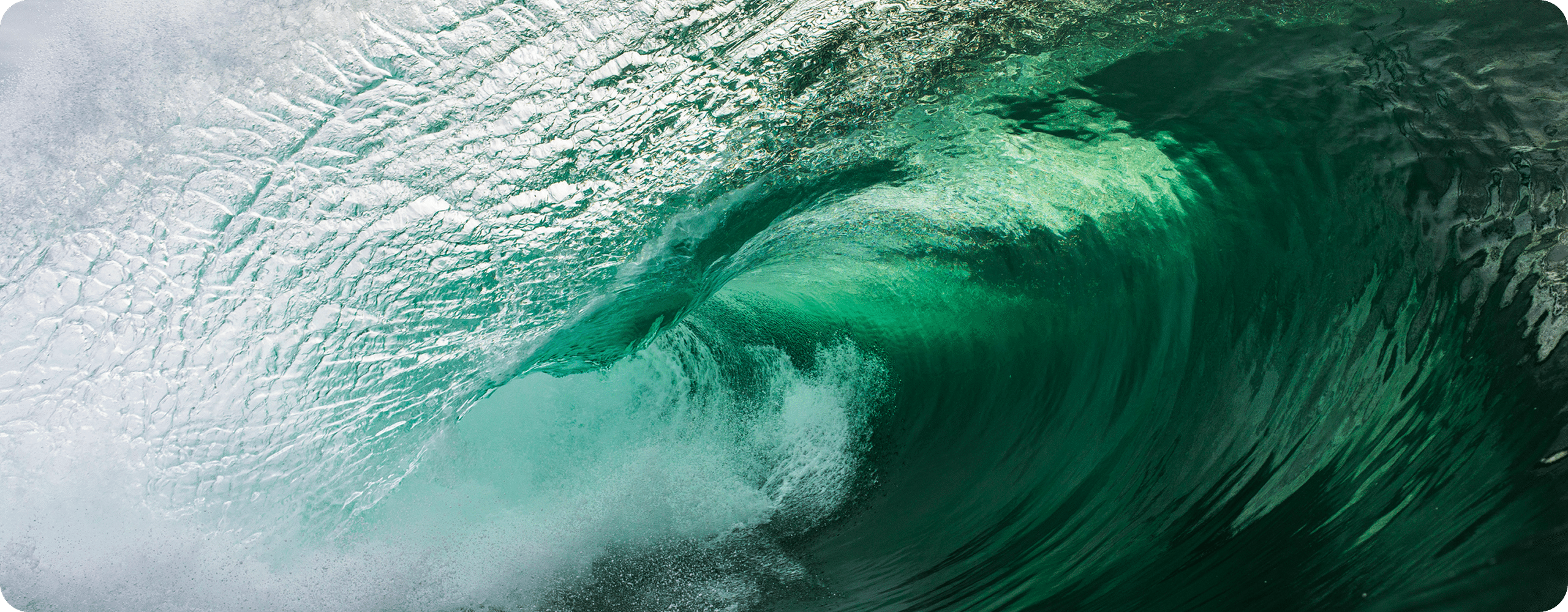Protecting the world’s species for future generations is not only important for our ecosystems and habitats, but it also has a knock-on effect on our food chains and biodiversity. Conservation and highlighting its importance are vital to our work here at Deep Sea World Aquarium.
What is conservation?
Conservation, including ocean or marine conservation, refers to the protection and preservation of the world’s ecosystems, habitats and creatures. Without the work of charities, scientists and dedicated conservationists, the health, sustainability, and future survival of creatures and habitats could be at risk from the harmful effects of human activities.
Overfishing, shipping, littering, pollution, tourism, climate change, and a lack of education on the importance of conservation are just some of the main threats we aim to manage through conservation initiatives such as establishing marine protected areas and local beach cleans.
Our experts at Deep Sea World conduct lots of conservation work, so here are some insights into our projects and partnerships…
Deep Sea World partnerships with conservation charities
We work alongside several conservation charities here at Deep Sea World to help protect the world’s oceans and marine life, including endangered creatures native to the Scottish and British waters. Here, you can learn about these partnerships and find out how to get involved in our ongoing conservation work as a visitor to our aquarium.
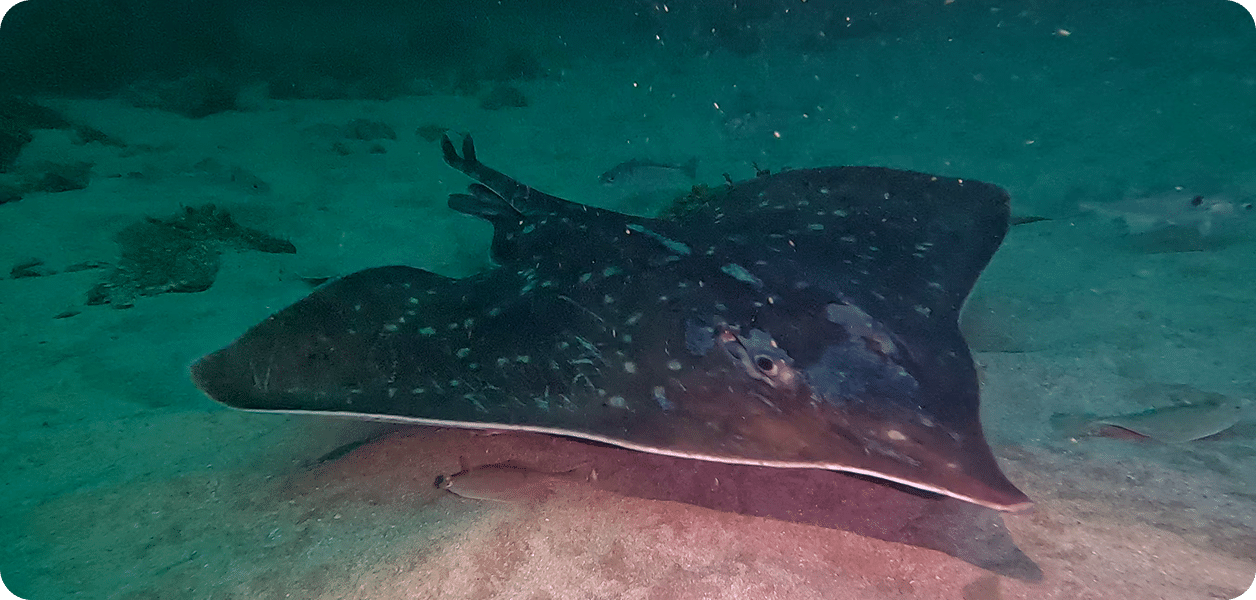
Orkney Skate Trust
Orkney Skate Trust
Deep Sea World collaborates with the Orkney Skate Trust, a nonprofit organisation dedicated to the conservation of skate species in the North Sea around the Orkney Islands. The Orkney Skate Trust focuses on research, monitoring, and habitat protection of the critically endangered flapper skate, which is the biggest skate species in the world. Once found throughout the North East Atlantic’s coastal waters, its range is now reduced as a result of trophy angling and commercial fishing in the West Coast of Scotland, Orkney and the Shetlands. This partnership underscores our commitment to marine animal conservation beyond our immediate exhibits, from collecting donations, funded field surveys and public awareness campaigns to educational programs. In May 2024, we set up our flapper skate display following an awareness weekend highlighting the importance of marine biodiversity and the challenges faced by skate populations.
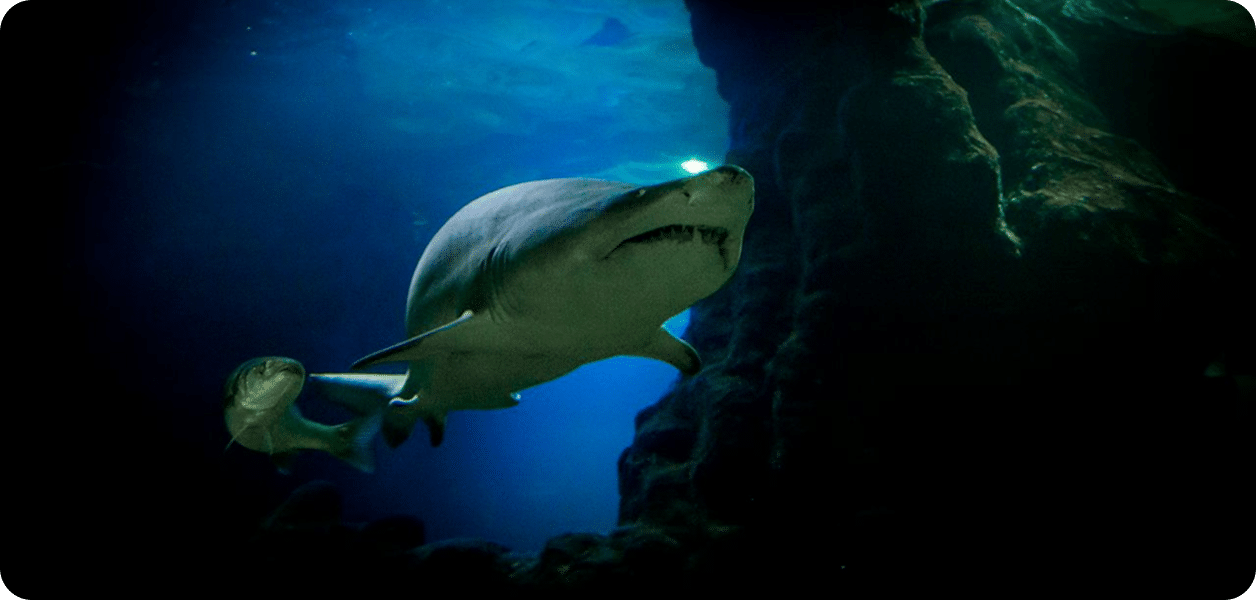
Shark Trust
Shark Trust
Deep Sea World works closely with the Shark Trust on a number of its campaigns, collecting signatures, fundraising, and raising awareness of issues such as shark finning. We have a dedicated board displaying more information about Shark Trust’s work, where you can learn about the importance of shark conservation. In April 2024, we hosted ‘Oceanic 31’ – a shark and ray art project from the Shark’s Trust. After its UK tour, exhibit pieces will be auctioned off to fundraise for the Big Shark Pledge.
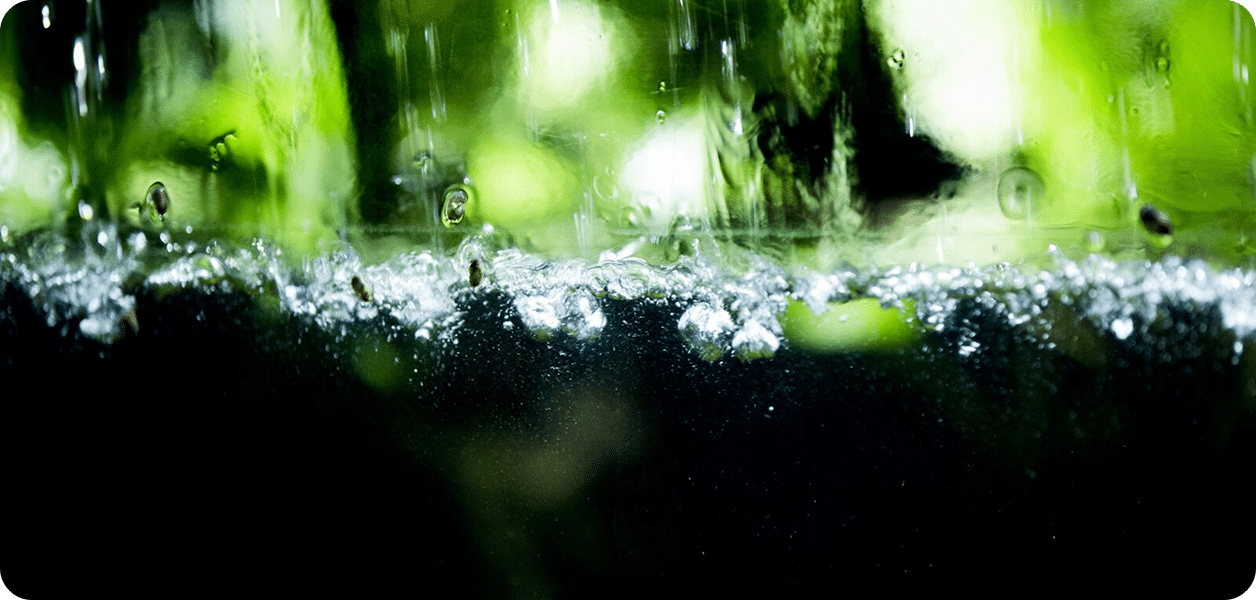
BIAZA Grab That Gap
BIAZA Grab That Gap
BIAZA’s Grab That Gap campaign encourages all its members to grab a small area of unused space within their grounds, and plant it with wildflower seeds in Spring as part of a wider effort to create homes for native species. We’ve taken on the challenge of transforming an unused area of our site near the entrance ramp into a miniature wildlife haven. An area of inaccessible land beyond our seal exhibit has also become a natural home to many animals, including herons and breeding ducks, and a diversity of plant life. We aim to support the rewilding of the area and provide wildlife with a safe and secure home nearby to our aquarium. And in an effort to continue our quest for ways we can introduce safe havens for the native species, we’ve built a bug hotel and installed bird houses.
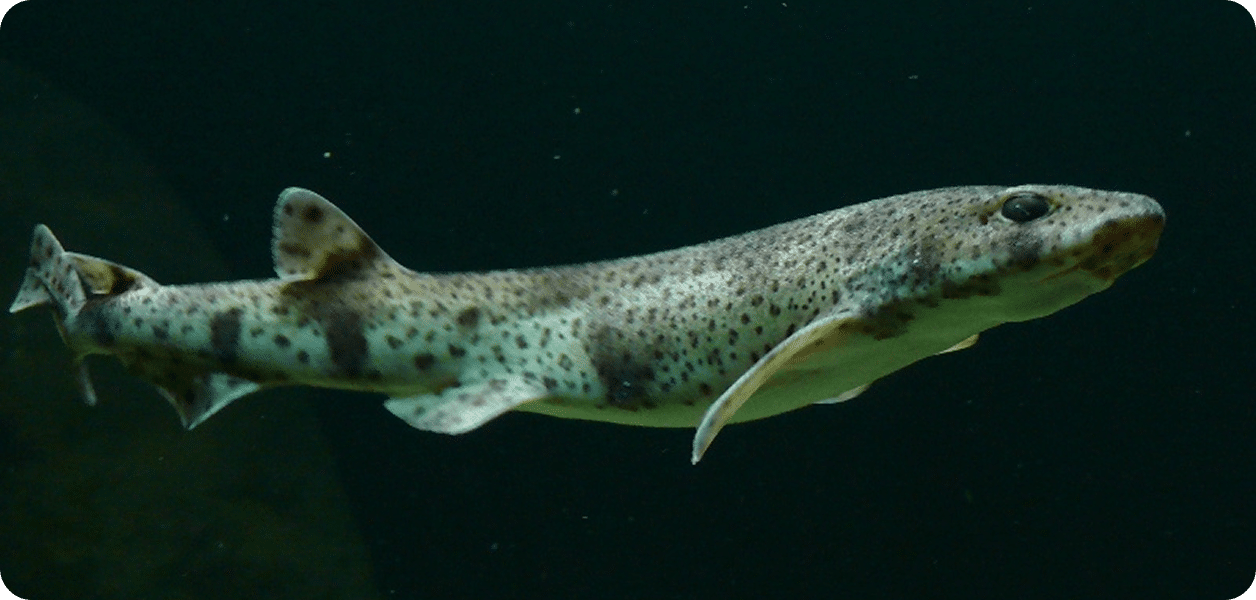
Captive Breeding
Captive Breeding
Our captive breeding programme aims to preserve endangered species for future generations, away from the pressures and threats to their populations in the wild. With the help of animal propagation experts, this process involves breeding our animals in controlled environments designed to see them through the gestational period and allow their young to thrive into adulthood. Ultimately, this increases populations with a view to improving their conservation status. One of our success stories from this programme is our Zoogoneticus tequila fish. Once thought to be extinct, this species has been found to thrive with the help of our experts, and with some small populations also found in the wild, they’re now classified as endangered. Our Common stingray (Dasyatis pastinaca) are registered in a European monitoring programme.
Local beach cleans
We regularly host organised public beach cleans on many of our local beaches around North Queensferry, from East Bay and Port Laing to Cult’s Ness and South Bay. All are welcome to take part, whether you’re a local or just visiting the area.
Beach cleans aid conservation by removing harmful debris from the coastline, preventing it from entering the ocean and harming marine life through ingestion or entanglement. Not only does this directly improve the health of our coastal and marine ecosystems, but we also foster a sense of community and encourage environmental stewardship.
Our beach cleans also serve as an opportunity to raise awareness about the impacts of pollution and the importance of sustainable behaviours. These events collect valuable data on litter types and sources, informing future conservation strategies and policies.
Thinking of setting up your own beach clean? We’ve got a few tips to help you out:
- Stay safe: Avoid any hazardous materials like needles or medical waste, and ensure children are supervised at all times.
- Mark out the area before you start: It can help to have designated areas for smaller groups to work on, since this will ensure less litter and waste is missed.
- Don’t disturb the wildlife: If you spot any marine creatures on the shoreline, stand back and admire from a distance to protect them.
Visit Deep Sea World and contribute towards conservation
We aim to educate our visitors on the biodiversity of the planet’s aquatic environment and highlight the steps we can take to reduce the impact of mankind. Discover how you can help on your next visit to Deep Sea World, where you can marvel at our displays and speak to our experts about the work we’re doing with conservation charities.
